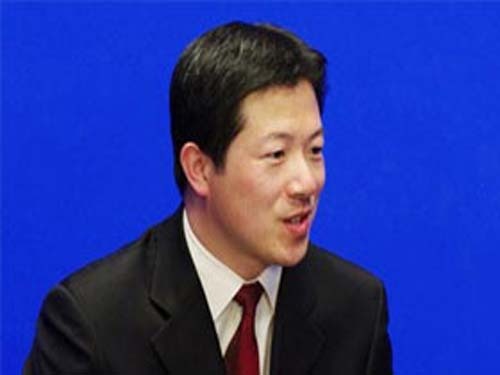
Poor performance due to poor user resources
Reporter: From the published market data, the development of the home appliance market in the first half of the year is indeed not optimistic, and this downturn has spread to the retail industry. From the perspective of the status quo of retail enterprises, most companies are facing a downward trend in performance. However, some companies such as Gome have achieved steady growth in their performance. Why would such a difference occur?
Luo Qingqi: “Only when the tide ebbs, and only then know who is nude.†The use of Buffett’s phrase to describe the current development of the retail industry seems to be more appropriate. The arrival of the Internet era has accelerated the process of polarization of the global retail industry. From the perspective of the status quo of industrial development, some companies may experience a decline in profits or losses, while some enterprises still maintain a steady growth trend. In fact, the entire industry is mostly in the development state of “Hello, I'm good, and he is good†during the favorable period of the market, showing the characteristics of mass prosperity, and the “embarrassment period†of the market has become the key to testing the strength of the company. Enterprises with market competitive advantages can resist external environmental pressures and achieve steady growth in their performance.
With the rapid development of Internet tools, users have become the dominant of the times. How to innovate the user experience according to the needs of users has become a problem faced by all retail enterprises. Because no matter how the market performance changes, it is a manifestation of changes in the user's purchase choices. Only if the user chooses the company, the performance of the company will be improved. From this point of view, companies that have achieved good performance in the market are clearly at the forefront of the industry in grasping and satisfying users' needs, and have become leading practitioners in the industry to meet user needs. In this sense, Gome is a company of this kind.
The essence of o2o is "decentralization"
Reporter: At present, both the pure e-commerce enterprises and the original physical retail enterprises are exploring the o2o development model. How do you view this phenomenon?
Luo Qingqi: The essence of o2o is not to realize the layout of online and offline retail systems, but to complete the “decentralization†of the entire retail industry. This decentralization is focused on the strategic model and the operating system.
In the Internet age, the development of the traditional retail industry has been completely changed, because the excess characteristics of the entire era make users become the dominant force in the development of the entire industry chain, which means that the original "centralized" state must be transformed into Centralized.
In fact, the decentralization process is first of all to change the traditional development model of the company, that is, from simply selling products to operating with the user as the center, and in this process must be accompanied by changes in the user's purchasing methods. Prominently manifested as the decentralization of retail venues. We have seen that industry leading companies represented by Gome have already started to decentralize the industry, and their omni-channel strategic layout is precisely the user-centered operational logic.
There will be no "retail" concept in the future
Reporter: From the perspective of the current market environment, the global retail industry is exploring the industrial path that adapts to the development of the Internet era. How can the future retail industry evolve in the end?
Luo Qingqi: I think the concept of future retail will no longer exist. Retail enterprises are no longer product sellers, but evolve into user resource operators.
From the point of view of retail alone, future retailing will inevitably be an integrated platform ecosystem. This ecological system not only greatly enriches the category, but also covers the industrial roles of manufacturers and users, and this ecosystem brings The biggest change is that self-driven optimization can be realized, because different industry roles can be accessible “communications†under this platform system. The generation of user big data will fundamentally subvert the traditional existence form, which will be the main existence of future retail sales. form.
Under this ecology, the exact definition of retail enterprises is no longer a retailer, because in accordance with the theory of free deduction, almost all home appliance hardware products will be free in the future. In the past, retailers earned profit by simply invoking the margin. There is no basis for the model. In this development, retail enterprises will be transformed into operators, not only operating user resources, but also providing related operational services such as content for home appliances of users, just as current retail companies are doing virtual operators one after another, the entire industry in the future A new development ecology will be formed based on user data and content data.
Typical forms of bunting are strings of colorful triangular flags, also known as Pennants, and lengths of fabric in the colors of national flags gathered and draped into swags or pleated into fan shapes. The term bunting is also used for a collection of flags, and particularly those of a ship.
Bunting Flag,Pvc Vinyl Bunting Flag,Colorful Triangle Bunting Flags,Triangular Bunting Flags
Anhui LiSheng prinbanner co.,Ltd , https://www.anhuiprintbanner.com